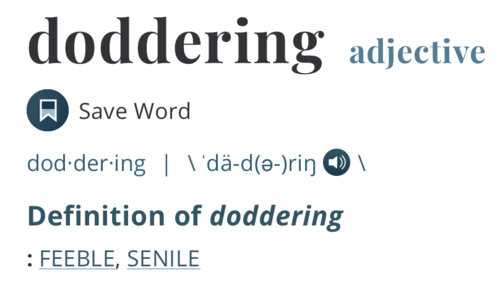Nameless Range
Well-known member
Though I don't think it has much legs this late in the game, I really like the spirit of what Bret Weinstein is trying to push with his Unity 2020 plan. Instead of pushing one party or the other, it constructs a contract between the two parties that would lend itself to them working together.

 articlesofunity.org
articlesofunity.org

A Plan to Save Our Republic
#Unity2020 is a grassroots presidential campaign to restore patriotic, courageous & capable leadership to the United States.






